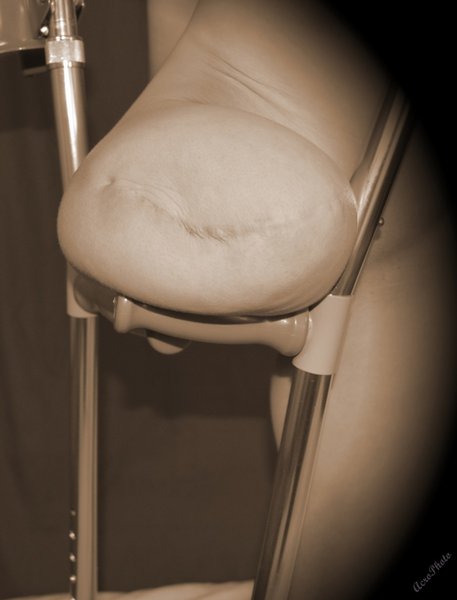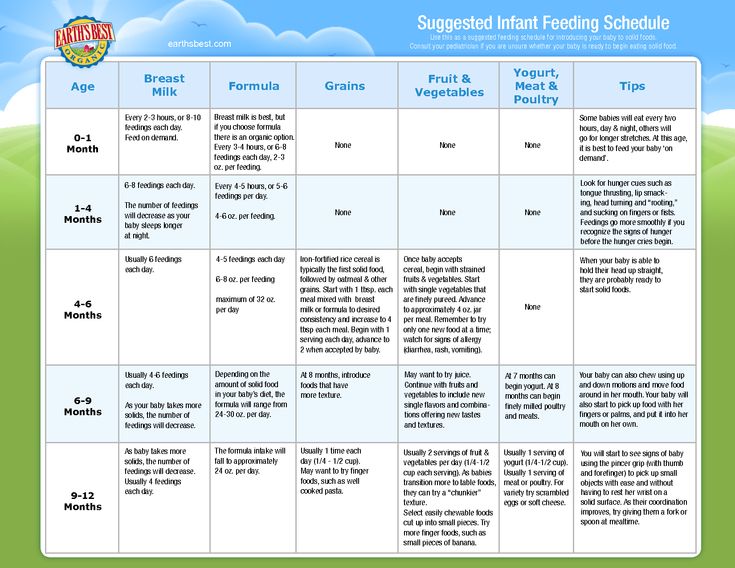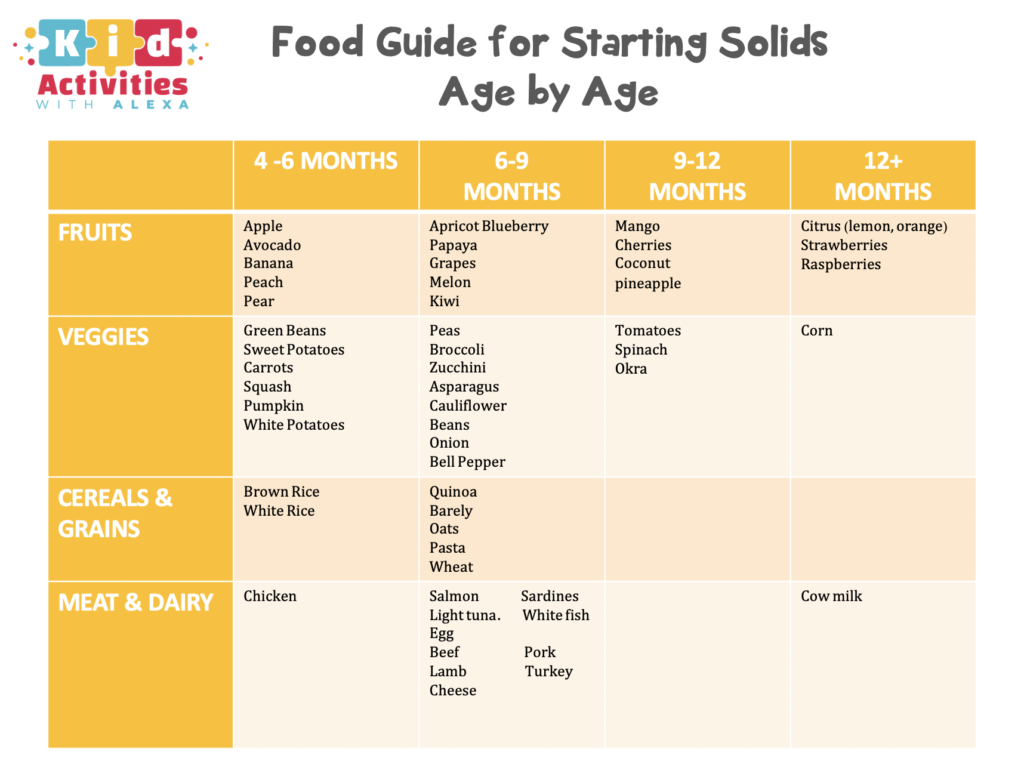Baby cluster feeding and not sleeping
Baby Feeding Every Hour and Not Sleeping
Is your baby feeding every hour and not sleeping well? Learn how to handle cluster feeding and a baby still hungry despite frequent feedings.
You knew newborn babies ate a lot, but this much? Over the last few days, your baby has constantly been eating every hour. Your breasts feel empty (and nipples sore!), which makes you wonder whether you’re not producing enough milk.
And when he takes 20-25 minutes for each nursing session, no wonder you can’t get any breaks.
Initially, you understood the demands of a newborn in the early weeks. But at this point, you’ve had it with feeding on demand and waking up multiple times a night. You miss having a full night of sleep and find it unfair when babies born after yours are already sleeping in five-hour chunks.
And with you going back to work in a few weeks, you’re desperate to find a way to get your baby to sleep longer.
When your baby is feeding every hour and not sleeping
I was so sleep-deprived with my eldest (and later my twins) that I barely had time to even catch a quick catnap with his newborn schedule. When I’d hear him wake up, I’d peer at the clock, hoping that at least a few hours had gone by since the last time he ate. But nope—he had only fed an hour ago.
It didn’t help that falling asleep after he had just fed wasn’t always guaranteed either, and I’d be awake the entire time. I was so jealous of moms whose babies were already sleeping five to six hours straight or weren’t feeding nearly as often as mine.
And as a first-time mom, I wondered whether I was doing something wrong that my baby was still feeding so frequently.
Frequent feeding shouldn’t be a permanent fixture in your life. For many reasons (cluster feeding all night to increase your milk supply, growth spurts), your baby might nurse often, but that shouldn’t be the case every day.
Take a look at a few tricks I tried to lessen the number of feeding sessions while still meeting my baby’s needs:
1.
 Make sure your baby is actually eating
Make sure your baby is actually eatingDoes it feel like you’re a human pacifier for your baby? Where he’s been nursing for an hour but still shows signs of hunger?
That might be because he’s relying on nursing to fall asleep, and not to actually eat. After all, sucking helps him fall asleep, and nothing beats being in your arms. You would know how much formula or expressed breast milk he’s drinking if you bottle feed, but not so with breastfed babies.
How can you make sure he’s actually eating and not using you as a pacifier? Check his throat to see if it moves. If he were drinking, you’d see movement in his throat, just as yours would if you were to drink water.
Then, listen for a swallowing sound. He might not be eating if he’s not making any noises that indicate consuming milk.
And finally, make sure he doesn’t fall asleep while he eats. He could be genuinely hungry but isn’t taking in as much as he could because he falls asleep. To keep him awake and ensure full feedings, tickle him, remove his clothing, change positions, or burp him in the middle of a feeding.
Free resource: Did you know that your baby’s awake time might be affecting how well he sleeps or not? Join my newsletter and grab your copy of One Mistake You’re Making with Your Baby’s Awake Time—at no cost to you:
2. Offer a pacifier after feedings
Let’s say your baby does use feeding sessions for comfort and to soothe himself to sleep. One trick you could try is to slip a pacifier in his mouth as he begins to doze off at the tail end of a feeding session.
Break his hold on your breast or bottle by inserting a finger in his mouth. This opens up the suction and allows you to pull away. Then, insert the pacifier in his mouth so that he can continue to suck on that instead of your breast or bottle.
He gets to continue to suck and soothe himself to sleep, but with a pacifier instead.
3. Dreamfeed before you sleep
You likely put your baby down in the crib or bassinet before your bedtime. Perhaps she’s asleep by 7:30pm, and you’re in bed at 9pm. One trick that can buy you some time is to dreamfeed her before you fall asleep.
One trick that can buy you some time is to dreamfeed her before you fall asleep.
Feed her as you usually do, then, before you head to bed, feed her once more. Yup, even if she’s asleep. She’s likely to have a fuller tummy, giving you some extra time for your first stretch of sleep. Because she’s still so drowsy, she might be able to fall right back to sleep.
You’re able to feed her so she isn’t as hungry, but at a time of the night when you’re still awake (instead of groggy and sleep-deprived).
Get more tips on how to dreamfeed.
4. Work in shifts with another adult
One way to make sure you get a good chunk of sleep is to work in shifts with another adult, like your partner or parent. For instance, your spouse can be on “baby duty” from 7pm to 12am, giving you a good five-hour chunk to fall asleep. Then, you would cover the following hours, from midnight to 5am.
This way, both of you get a long stretch of sleep at night.
If you’re breastfeeding, prepare pumped bottles ahead of time so that another adult can also feed the baby. If need be, wake up once in the middle of your five-hour stretch to pump. You’re still waking up, but at least you can fall right back to sleep after you’re done.
If need be, wake up once in the middle of your five-hour stretch to pump. You’re still waking up, but at least you can fall right back to sleep after you’re done.
Is your baby nursing for an hour and still hungry? Here’s what to do.
5. Let your baby fuss a little
Do you feel compelled to feed your fussy baby the minute you hear him whimper and whine? See what happens if you give him a few minutes before you feed him.
You might find that what he was complaining about was pretty minor, and he’s able to settle himself back to sleep. He might not even be hungry to begin with, so he’s only nursing or feeding to soothe himself. Or he just might break the association of waking up and expecting to feed right away.
If you don’t want his cries to escalate, listen to how they sound. Hold off for a little if they sound like slight whimpers or small complaints. He might go back to sleep if you don’t jump to feed him the second he makes a sound.
6. Create a bedtime routine
We might not realize it, but babies pick up a whole lot more than we give them credit for. Even though they might not understand the words we say, they can certainly benefit from having a consistent routine. To start, they’ll know that feedings happen after certain activities.
If you’ve been lenient with a routine, up the ante if your baby has been feeding every hour and not sleeping. Bathe and dress him in fresh clothes, and cap it with a long feeding session, for instance. Keep this up for a few days, and he can begin to expect bedtime feedings after you go through your routine.
Learn how to create a baby nighttime routine.
7. Use a swaddle
Disclosure: This article contains affiliate links. As an Amazon Associate, I earn from qualifying purchases.
Like with a pacifier, feedings can be one of the ways your baby relies on to fall asleep. When he wakes up, he doesn’t know how to put himself back to sleep yet and cries to be fed once again.
But if he’s wrapped in a swaddle, he’s less likely to wake up and cry. He loves the familiar snugness of being in a swaddle, which can help him sleep longer. Besides a swaddle, you can also use white noise to muffle loud or sudden sounds that can startle him awake.
Conclusion
It’s never easy when your baby has been feeding every hour and doesn’t sleep for long stretches. Should that happen, make sure that he’s actually eating when he’s feeding. Offer a pacifier, especially if he just needs to suck to soothe himself to sleep.
Dreamfeed to fill him up before you go to bed, and consider working in shifts with another adult to get a long chunk of sleep. Let him fuss a little instead of feeling compelled to feed him at the first whimper. Create a routine to set expectations, and use a swaddle (and white noise) to extend his sleep.
Frequent feedings, however normal, shouldn’t happen every night forever on end. Now you know what you can try to get your baby to feed between longer stretches!
Get more tips:
- What to Do When Your Baby Wants to Breastfeed Constantly
- When Breastfeeding Hurts (Even with a Good Latch)
- 6 Ways to Handle Your Newborn Constantly Feeding
- Baby Wakes Up Every Hour? Must-Know Tips for Parents
- 12 Things to Do When Your Newborn Fights Sleep
Don’t forget: Join my newsletter and grab your copy of One Mistake You’re Making with Your Baby’s Awake Time—at no cost to you:
Newborn Cluster Feeding All Night
Struggling with your newborn cluster feeding all night and not sleeping? See how to make this stage easier and stay motivated to breastfeed.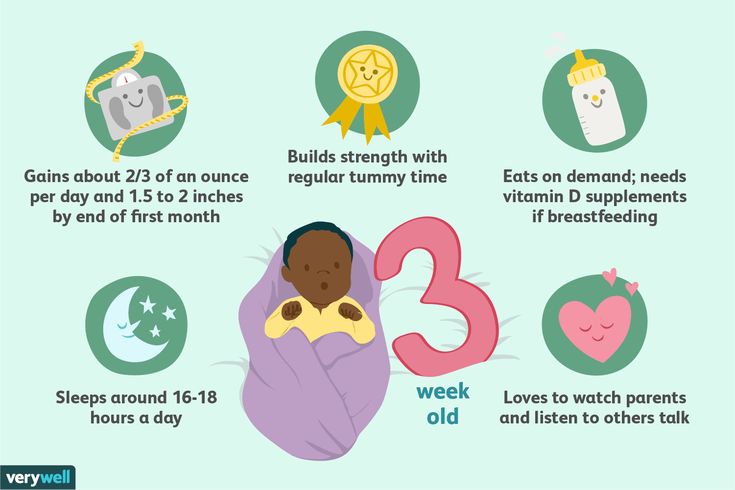
Cluster feeding has become so predictable these days.
Starting around bedtime, it seems like you’re feeding your baby for several minutes every hour. By the time you’ve burped and swaddled her, she seems hungry yet again. In fact, she’d cry all night if you weren’t feeding her during for a good four to five hours.
With the constant breastfeeding, your nipples have begun to hurt. You’re exhausted and have no time for anything else, and this doesn’t even count the frequent feedings all day long. You wonder if you even have enough milk, and how she could be this hungry.
Despite your goals to breastfeed, it’s times like these when formula is starting to look like an appealing option.
How to handle your newborn cluster feeding all night
I hear you, mama.
As a first-time mom, I felt glued to my baby, resenting each time he cried to be fed. I even wanted to convince myself and my husband that he was crying for other reasons like sleep or boredom.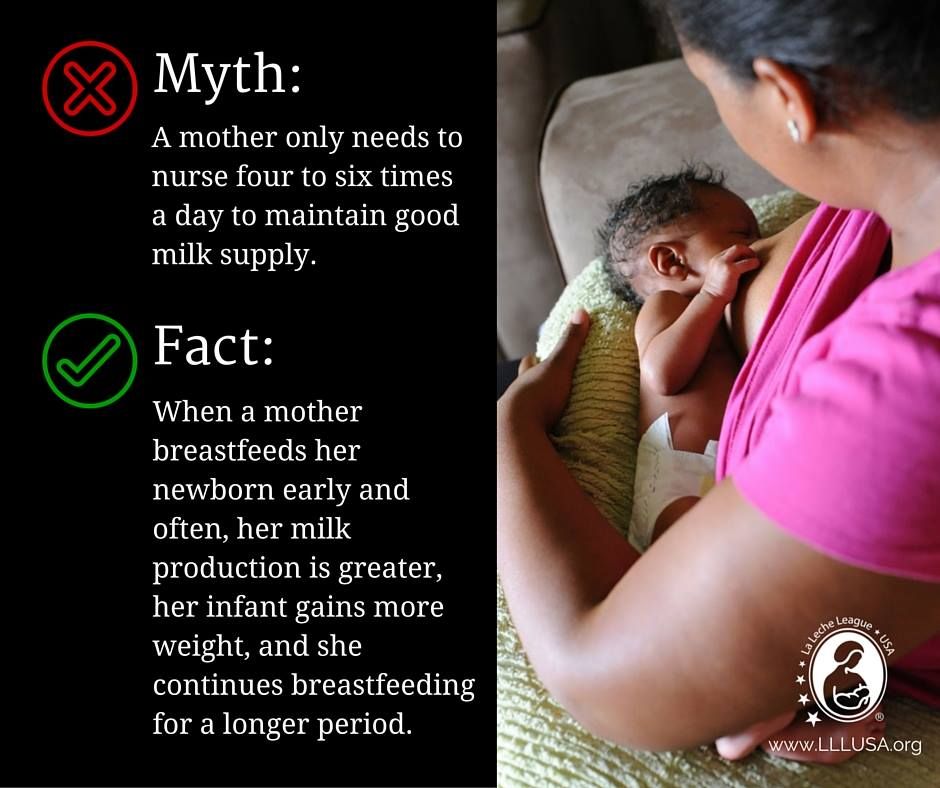
This is understandable, considering that the birth of a baby can come as a huge shock for moms not used to nursing round the clock. It didn’t help that he’d nurse for long stretches—some 40 minutes at a time—only to want to eat again soon after.
In fact, right on cue, he’d want to cluster feed from about 6:30pm all the way through the late evening. If I put him down any earlier than that, he’d cry a few minutes later and wouldn’t stop until I fed him again. Even when I learned that this was a phase, I didn’t know how long it would last.
If you find your newborn cluster feeding all night, rest assured you’re not alone. More importantly, this is a phase that will eventually peter out with time. That said, what can you do to make cluster feeding more bearable?
Take a look at these tips that can help:
1. Nurse lying down
One of the biggest roadblocks with cluster feeding is the sleep deprivation that goes along with it.
During the day, feeding constantly was a bit more bearable—after all, this is the time we’re supposed to be awake. But I’d dread the nights when I knew I’d be battling my own sleep needs with the baby’s frequent wake ups.
But I’d dread the nights when I knew I’d be battling my own sleep needs with the baby’s frequent wake ups.
An easy hack? Nurse lying down. This allows you to rest at least while the baby is feeding instead of having to sit up in bed. Even if you don’t co-sleep with the baby (I didn’t), you can still nurse lying down to make yourself a bit more comfortable during the feed.
Free email challenge: Feeling stuck in motherhood? Want to enjoy raising your kids again? Join my newsletter and sign up for the Motherhood Motivation 5-Day Challenge! You’ll get one actionable tip a day that will make you think (and act) about motherhood differently:
2. Get others to do what you can’t
Dishes piled up, dinner unprepared, the houseplants all but drying up… these are enough to drive any mom crazy. Imagine keeping a running tally of all the things you still have to do, except you’re stuck feeding the baby.
Since you’re the only one who can nurse the baby, hand these undone tasks to other people. Your partner can change diapers, your mom can burp the baby after you breastfeed, even your three-year-old can put his toys away.
Your partner can change diapers, your mom can burp the baby after you breastfeed, even your three-year-old can put his toys away.
Give yourself the permission to do nothing so you can focus on your baby’s feeding needs. To help you feel better about devoting so much time to her, get others to fill in and do what you can’t.
3. Make sure your baby is actually eating
See if this sounds familiar: You fed your baby for nearly 40 minutes, put her down in the crib… except she woke up and acted like she hadn’t just eaten.
How can she be hungry again?! you wonder.
Sometimes, she’s actually not eating that whole time she was on your breast. She could’ve been comfort nursing, soothing herself to sleep by sucking. That’s why, when you finally put her down, she’s still hungry—because she didn’t actually eat.
The next time she nurses, make sure she’s awake and eating. Listen for sucking sounds that indicate she’s taking in the milk. Look at her throat to see if it moves—this is another sign that she’s swallowing.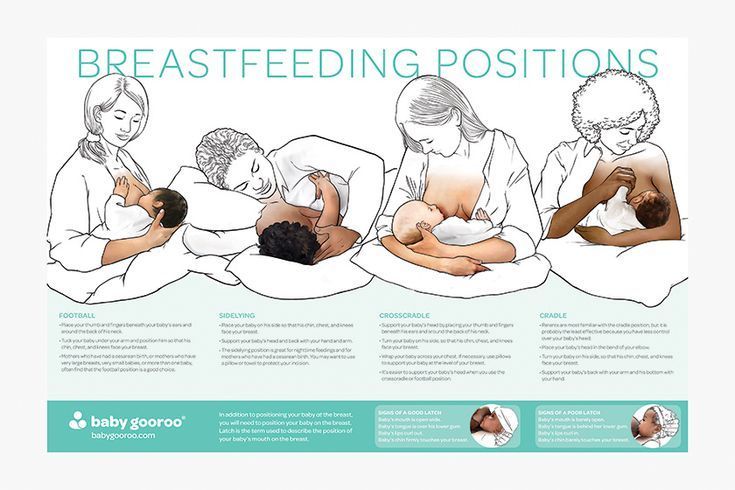 And keep her awake, even slightly so, while she nurses.
And keep her awake, even slightly so, while she nurses.
There’s nothing wrong with comfort sucking, but if you’re wondering why she seems hungry after all that time, she might not have been eating.
4. Make the most of it
Sometimes all it takes to turn things is around is a simple change in perspective. Sure, you can list several problems with nursing all evening, but you can also probably find creative ways to make the most of it as well.
See this not as a time you’re “stuck” with the baby, but as a chance to read a book, catch up on emails, or watch your favorite shows. Consider this your excuse to not have to do so many chores, or to take a much-needed break. Come prepared with plenty of snacks and water nearby, and try to enjoy the moment.
Remind yourself of the benefits of cluster feeding, too. Many moms have reported that their babies will sleep in longer stretches after a cluster feed than if they didn’t nurse for so long. Remember that you’re increasing your milk supply the longer you nurse.
And know that this is temporary.
In fact, for the first month after my babies were born, I made it a point not to leave the house, other than for appointments. Giving myself that month reminded me that this truly is the time to take it easy, not to get life back to normal. It’s easier to tough it out when you know it won’t last forever.
When do newborns get easier? Learn the milestones here.
5. Take care of your breasts
Disclosure: This article contains affiliate links, which means I will earn a commission—at no extra cost to you—if you make a purchase.
There’s no getting around it: constant nursing can take a toll on your breasts. We’re talking cracked, bruised, or bleeding skin, all while your baby is tugging at them. It’s hard to enjoy the moment when you’re in serious pain.
That’s why it’s important to take care of your breasts and not just try to weather the pain. Reach out to your doctor, especially if the pain is unbearable, as you might have an infection that could only be remedied with prescription.
Then, do your best to nurse them back to health. You can:
- Use lanolin cream before and after breastfeeding
- Air dry your breasts, either by not wearing a top or using breast shells
- Use compresses like these
The quicker your breasts can heal, the more comfortable nursing your baby for long stretches can be.
Conclusion
Struggling with your newborn cluster feeding all night is no joke. You’re sleep-deprived, delirious, and downright exhausted from the constant nursing.
Rest assured that you can still do plenty to make this phase go by more smoothly. Nurse lying down so that you have one less obstacle—sitting up—during those nursing sessions. Recruit others to tick off tasks you can’t do, so that you’re not itching to do them yourself.
Check that your baby is actually eating—comfort nursing can trick you into thinking that she’s full when she hasn’t been eating all that time. Make the most of your nursing sessions, from watching movies to reminding yourself of the benefits you get out of them.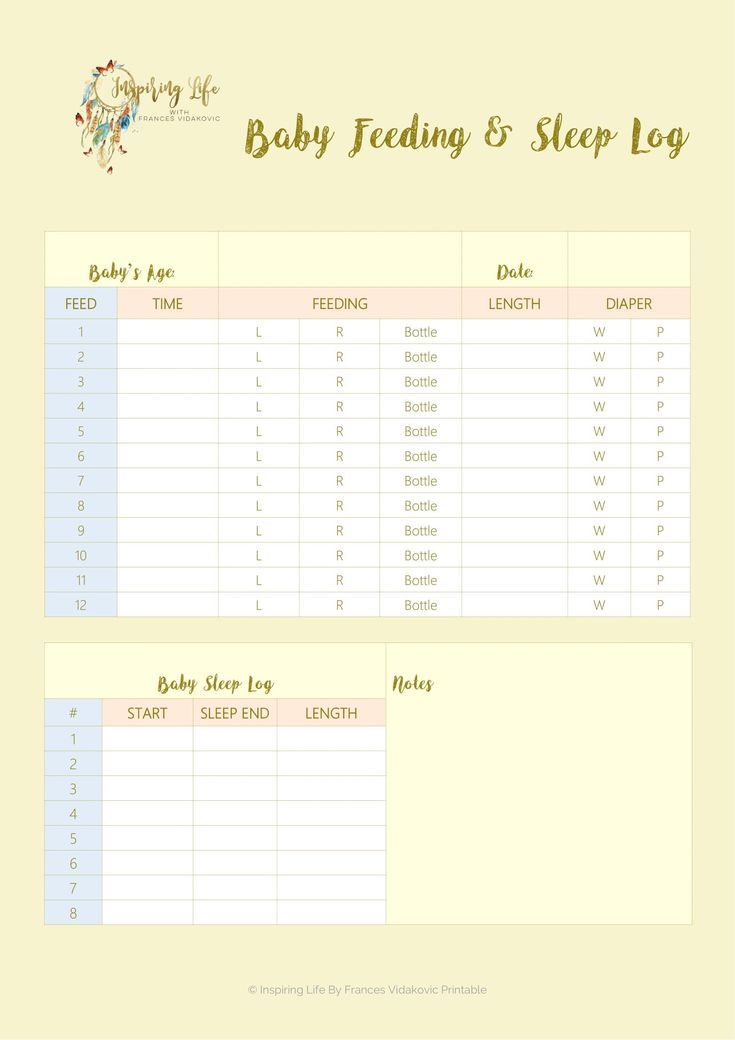
And lastly, take care of your breasts, making sure to reach out to your doctor and using home remedies to ease the discomfort.
Hang in there, mama. What you’re experiencing is normal—down to those predictable hours in the evening when your baby starts cluster feeding.
Get more tips:
- Baby Feeding Every Hour (And Not Sleeping, Either)?
- 5 Reasons Your Newborn Is Constantly Hungry and Crying
- 6 Ways to Handle Your Newborn Constantly Feeding
- What to Do When Your Baby Wants to Breastfeed Constantly
- 5 Tips to Stop the Pain After Breastfeeding
Don’t forget: Join my newsletter and sign up for the Motherhood Motivation 5-Day Challenge:
Why does the baby not sleep after feeding?
Nikulina Anastasia Anatolyevna
pediatrician
Newborn not sleeping after feeding? Let's look at common sleep problems in infancy, as well as procedures and ways to try to calm the baby and fall asleep.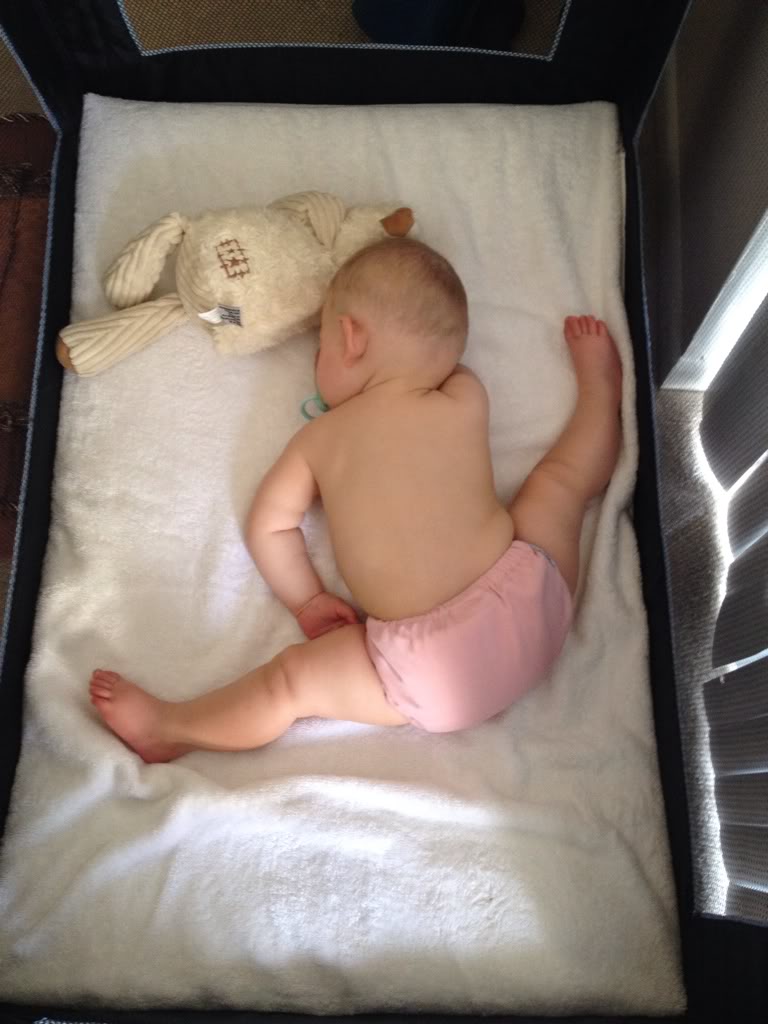 The pediatrician Anastasia Anatolyevna Nikulina tells and advises.
The pediatrician Anastasia Anatolyevna Nikulina tells and advises.
— Anastasia Anatolyevna, why is it good for small children to sleep after feeding?
- Sleeping immediately after feeding is not good. But normal sleep for babies is an important factor. During sleep, babies grow and gain weight well. Sleep restores physical strength, energy. The brain is resting, the overexcitation goes away, the baby is not naughty and is in a good mood. A well-slept child develops comprehensively, actively shows interest in everything around.
Without adequate sleep, there is no good physical development. If the baby does not sleep, he will be tired, moody, stop playing. He may suffer from frequent digestive problems and other illnesses.
— Why does a newborn sometimes not sleep after feeding?
- A newborn can normally stay up to 40 minutes between naps. If wakefulness lasts longer than the age norm, hunger should be excluded first of all. And if the baby is worried about reflux (regurgitation), he is not gaining weight well, you should consult a doctor.
And if the baby is worried about reflux (regurgitation), he is not gaining weight well, you should consult a doctor.
Reasons why a newborn does not sleep after feeding and cries
- Can a child be forced to lie down if he does not sleep after eating? How to get a newborn to sleep?
— Forced laying exhausts both parents and children. Everyone falls asleep as soon as they get tired. Anxious parents interfere with their baby's sleep because anxiety is transmitted to him, and besides, excitement reduces the mother's milk production, so you need to calm down.
How to help your baby fall asleep
- Motion sickness and calm song: babies love to be held and listen to their mother's soft voice. Intense motion sickness should be avoided: you can not shake the child, it can harm him.
- "White Noise": monotonous sounds on the same wavelength, which are reproduced by special devices, relax. But if the mother does not have such a device, you can go into the bathroom with the child, turn on the tap and turn off the light - the sound of water and the darkness will help calm him down.

- Tight swaddling: simulates the conditions when the baby was in the mother's stomach. Helps reduce the Moro reflex (protective reflex) and make it easier to fall asleep.
- Bathing: after bathing in warm water, children fall asleep more easily. The pores of the skin are cleansed and open, the skin begins to breathe.
- General light massage, play, crawling are tiring, and after them the baby will fall asleep safely.
— How to properly prepare a child for sleep?
— All children are different. It is important to observe the baby, note the time when he sleeps and eats, gradually form his sleep and nutrition regimen.
Signs that the child wants to sleep:
- starts to yawn;
- rubs eyes;
- is looking for a breast or bottle.
If these signs are ignored, the baby will cry and may even refuse the breast or bottle because he is tired and go to sleep hungry.
Getting ready for bed:
- try to put the baby to bed at the same time;
- a couple of hours before bedtime, play quiet games, read a book;
- a walk in the fresh air and water procedures are desirable, which relax and increase appetite;
- after a walk - evening feeding and a calm, prosperous sleep.
The sleep and feeding schedule will ease the rhythm of life, help you orient yourself, understand what else the child may experience discomfort from: for example, because of a wet diaper. The baby should not overeat or undereat - all this interferes with sleep. Mom should be next to her baby while falling asleep.
Parents should understand why the child does not want to sleep after feeding, and exclude the cause of his anxiety - hunger, poor health, lack of attention and care, or something else, and if the baby is sick, do not postpone a visit to the doctor. To establish a good sleep in a child, the daily routine and nutrition are also important.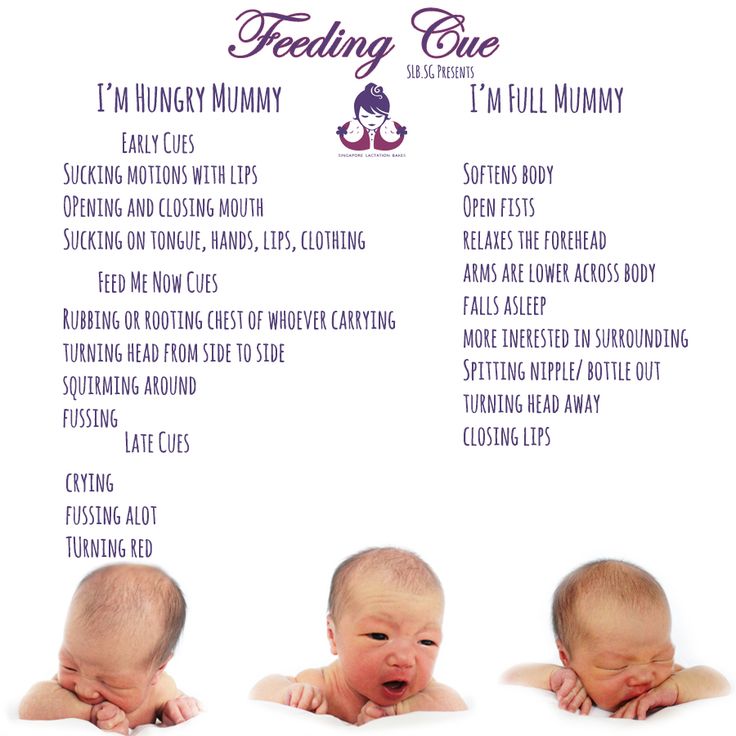 A bathed, fed, dry baby will fall asleep without stress for himself and his parents.
A bathed, fed, dry baby will fall asleep without stress for himself and his parents.
* Breast milk is the best food for babies. WHO recommends exclusive breastfeeding for the first 6 months of a child's life and continued breastfeeding after complementary foods are introduced until the age of 2 years. Before introducing new products into the baby's diet, you should consult with a specialist. The material is for informational purposes and cannot replace the advice of a healthcare professional. For feeding children from birth. The product is certified.
#Tips for Mom #breast-feeding #colic #gaziki 7-12
See also
First tests and vaccinations: how to prepare yourself and your child
#Advice for Mom
Kizino Polina Alexandrovna
pediatrician, perinatal psychologist
Neurologist for a child under one year old: first examination
#Tips for Mom #Baby development
Yakovenko Margarita Pavlovna
Candidate of Medical Sciences, Pediatrician, Pediatric Neurologist, Medical Advisor MAMAKO ®
Calendar of doctor visits during the first year of a child's life
#Advice for Mom
Kizino Polina Alexandrovna
pediatrician, perinatal psychologist
Principles of successful lactation: checklist for mom
#Tips for Mom #breastfeeding
Yakovenko Margarita Pavlovna
Candidate of Medical Sciences, Pediatrician, Pediatric Neurologist, Medical Advisor MAMAKO ®
Goat's milk in children's nutrition: for or against
#Food #Tips for mom #Baby digestion #breastfeeding
Javier Diaz Castro
professor, lecturer
Why DHA, ARA and lutein are added to infant formula
#baby formulas #Baby development
Yakovenko Margarita Pavlovna
Candidate of Medical Sciences, Pediatrician, Pediatric Neurologist, Medical Advisor MAMAKO ®
How to tell if a baby has a food allergy
#allergy #Tips for mom #breast-feeding #baby formula #lure
Kiseleva Elena Sergeevna
Candidate of Medical Sciences, Scientific Advisor MAMAKO ®
Digestion in newborns and infants and its features
#Baby Digestion #breast-feeding #baby formula #Lure #Tips for mom #Baby development
Kiseleva Elena Sergeevna
Candidate of Medical Sciences, Scientific Advisor MAMAKO ®
Milk fat in infant formula - how it affects the health and development of the child
#baby formulas #on goat milk #baby digestion #baby development
Kiseleva Elena Sergeevna
Candidate of Medical Sciences, Scientific Advisor MAMAKO ®
How to properly rock a baby to sleep
#Advice for Mom
Kizino Polina Alexandrovna
pediatrician, perinatal psychologist
See all
View all
Milk fat in infant formula - how it affects the health and development of the child
# infant formula # on goat milk # baby digestion # baby development
Kiseleva Elena Sergeevna
Candidate of Medical Sciences, Scientific Advisor MAMAKO ®
Goat's milk in children's nutrition: for or against
# Lure # Tips for Mom # Baby's digestion # breastfeeding
Javier Diaz Castro
professor, lecturer
Digestion in newborns and infants and its features
# Baby digestion # breast-feeding # infant formula # Lure # Tips for Mom # Baby development
Kiseleva Elena Sergeevna
Candidate of Medical Sciences, Scientific Advisor MAMAKO ®
Neurologist for a child under one year old: first examination
# Tips for mom # Baby development
Yakovenko Margarita Pavlovna
Candidate of Medical Sciences, Pediatrician, Pediatric Neurologist, Medical Advisor MAMAKO ®
Calendar of visits to doctors during the first year of a child's life
# Tips for mom
Kizino Polina Alexandrovna
pediatrician, perinatal psychologist
Principles of successful lactation: checklist for mom
# Tips for mom # breastfeeding
Yakovenko Margarita Pavlovna
Candidate of Medical Sciences, Pediatrician, Pediatric Neurologist, Medical Advisor MAMAKO ®
How to properly rock a baby to sleep
# Tips for mom
Kizino Polina Alexandrovna
pediatrician, perinatal psychologist
Why DHA, ARA and lutein are added to infant formula
# infant formula # Baby development
Yakovenko Margarita Pavlovna
Candidate of Medical Sciences, Pediatrician, Pediatric Neurologist, Medical Advisor MAMAKO ®
See all
First tests and vaccinations: how to prepare yourself and your child
# Tips for mom
Kizino Polina Alexandrovna
pediatrician, perinatal psychologist
How to tell if a baby has a food allergy
# allergy # Tips for Mom # breast-feeding # infant formula # lure
Kiseleva Elena Sergeevna
Candidate of Medical Sciences, Scientific Advisor MAMAKO ®
See all
View all
View all
How to sleep with a baby
establish a general routine
What do most women do when their baby falls asleep? Someone rushes to cook, someone begins to hastily clean the apartment, iron, wash - there are always plenty of things to do in the family.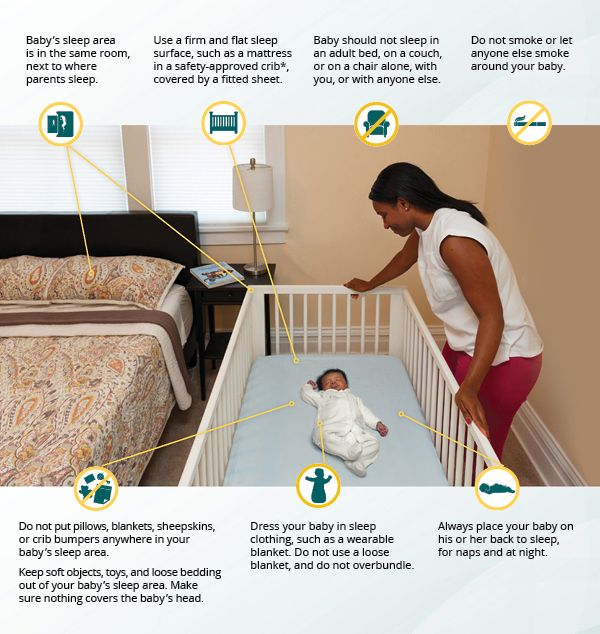 But in vain. You can do household chores even when the baby is awake, but he definitely won’t let you sleep. Therefore, if a son or daughter falls asleep, drop everything and go to bed with the child. There is no perfect order or dinner is not prepared? You can do all this later, when you rest, and, by the way, you will most likely spend much less time and effort. Therefore, the first rule of mom's regimen: sleep when the baby sleeps. To feel normal, a woman (especially a nursing mother) must sleep both at night and during the day. So adjust the general regimen of the day: you can adapt to the child’s sleep, or, on the contrary, you can adjust the child’s sleep to your routine (although this will be more difficult to do).
But in vain. You can do household chores even when the baby is awake, but he definitely won’t let you sleep. Therefore, if a son or daughter falls asleep, drop everything and go to bed with the child. There is no perfect order or dinner is not prepared? You can do all this later, when you rest, and, by the way, you will most likely spend much less time and effort. Therefore, the first rule of mom's regimen: sleep when the baby sleeps. To feel normal, a woman (especially a nursing mother) must sleep both at night and during the day. So adjust the general regimen of the day: you can adapt to the child’s sleep, or, on the contrary, you can adjust the child’s sleep to your routine (although this will be more difficult to do).
get help
Use volunteers as often as possible to babysit, walk, or just feed your baby. And here the help of the husband, grandparents will be invaluable. Do not trust the baby mother-in-law? Do you think that dad will not be able to entertain the baby for a couple of hours? Worried that grandpa will get lost with the baby while strolling around the house? In vain. Your loved ones are adults, they wish both you and the baby only the best and are unlikely to harm him in any way. At most, a diaper is buttoned crookedly, an extra blouse is put on the baby, or they give him the wrong nipple.
Your loved ones are adults, they wish both you and the baby only the best and are unlikely to harm him in any way. At most, a diaper is buttoned crookedly, an extra blouse is put on the baby, or they give him the wrong nipple.
If possible, make arrangements with your family so that they can babysit at least two or three times a week, giving you a couple of hours to sleep and rest. By the way, for this you can invite a nanny. And again - no household chores at this time, only - sleep!
sleeping with the baby
Co-sleeping has many advantages: the mother does not have to get up, wake up, go to the crib, get the baby out of it. She can feed the baby and at the same time almost never wake up: after all, the baby will find the breast on its own. Yes, and many children sleep only with their parents - in order to fall asleep, some babies need to feel the familiar smell and warmth of a loved one. This method has both its supporters and opponents, but in any case, if you choose to sleep together, you need to ensure the safety of the child.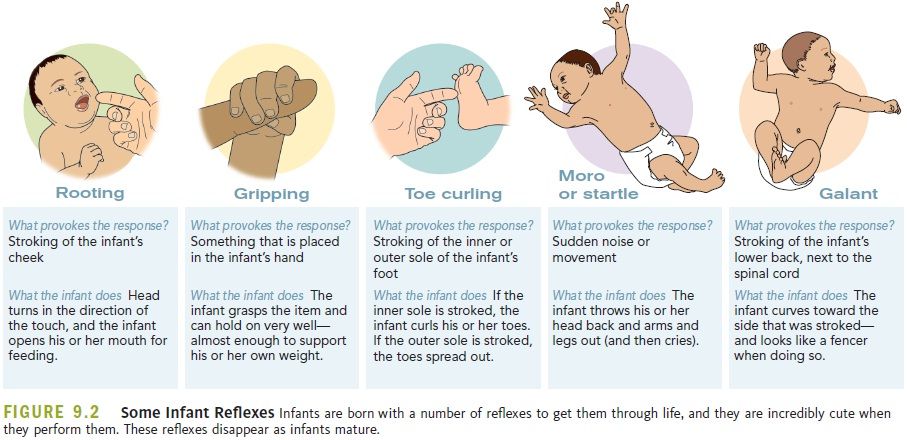 You can not put the child on the edge of the bed - he can turn around and fall to the floor; you can not put it next to the parent pillow - the baby may turn unsuccessfully and his breathing will be disturbed.
You can not put the child on the edge of the bed - he can turn around and fall to the floor; you can not put it next to the parent pillow - the baby may turn unsuccessfully and his breathing will be disturbed.
And it's best not to put the baby in the same bed with adults, but simply move the crib to the parent's bed, after removing the side rail from it (today there are even special cribs for sleeping together). So the child will feel the closeness of mom and dad, and parents will sleep peacefully, without worrying about his safety.
"Stock up" with sleep
Scientists have found that lack of sleep or insomnia is fully compensated by the previous (or subsequent after it) full-fledged rash. And if so, then you can “stock up” on sleep. A couple of times a week (well, or one for sure) you need to arrange a day for yourself when the dream lasts 8-9hours per day. Here again, relatives or a nanny will come to the rescue. You can select once a week when you sleep all night, and dad gets up at night for the baby. True, this is convenient when the child is bottle-fed or at least agrees to drink expressed mother's milk from a bottle at night. If this is not possible, then you need to agree with your husband that, for example, on the weekend he takes the child and works with him for a couple of morning hours, and you fill up the missing time. Or let your grandmother (nanny) come in the morning, who will also let you make up for a night's sleep.
You can select once a week when you sleep all night, and dad gets up at night for the baby. True, this is convenient when the child is bottle-fed or at least agrees to drink expressed mother's milk from a bottle at night. If this is not possible, then you need to agree with your husband that, for example, on the weekend he takes the child and works with him for a couple of morning hours, and you fill up the missing time. Or let your grandmother (nanny) come in the morning, who will also let you make up for a night's sleep.
go to bed together at night
Usually, after putting her baby to sleep, the mother either rushes to finish the day's chores, or tries to find time for herself (surf the Internet, read a book, watch TV, get a manicure). But it is the first three to four hours of sleep at night that children sleep best. Take note of this and go to bed at night at the same time as your baby. Otherwise, you have not yet had time to fall asleep (or just fell asleep), as the baby woke up for night feeding or just like that. As a result, you will get not only a shortened night's sleep, but for sure at night the baby will wake up a couple more times and interrupt it.
As a result, you will get not only a shortened night's sleep, but for sure at night the baby will wake up a couple more times and interrupt it.
put the child to bed early
As a rule, an adult who goes to bed early wakes up earlier. But in children there is no such pattern. Therefore, do not be afraid that today, having fallen asleep before 9 pm, tomorrow the baby will wake you up at dawn. On the contrary, the later the child falls asleep, the worse and more restless he sleeps. And just early laying gives a more complete and prolonged night's sleep. And this is exactly what a tired mom needs! But in order to establish such a daily routine, all family members will have to try. But then it becomes much easier for them.
Try to improve your routine and sleep more, and the whole family will feel much better. Even with a small child, it is possible not to feel sleep deprivation. Try it and see for yourself.
If this arrangement suits all members of your family, practice co-sleeping. This is a real salvation for mothers whose children often wake up at night. Sleep deficiency disrupts the formation of serotonin in the body - a biologically active substance, which is also called the hormone of happiness, calmness and good mood. As a result, a person deprived of normal rest constantly experiences irritability and a feeling of depression
Try to instill a consistent sleep and wake schedule in your child. This will make your day more organized and make you less tired.
Attention! Prices for services in different clinics may vary. To clarify the current cost, select the clinic
The administration of the clinic takes all measures to update the prices for programs in a timely manner, however, in order to avoid possible misunderstandings, we recommend that you check the cost of services by phone / with the managers of the clinic
Clinical Hospital MD GROUPClinical Hospital Lapino-1 "Mother and Child"Children's Clinic KG "Lapino" in New Riga (branch)Clinic "Mother and Child" KuntsevoClinic "Mother and Child" SavelovskayaClinic "Mother and Child" South-WestClinic "Mother and child" Novogireevo
All directionsKinesiotherapy for childrenSpecialist consultations (adults)Specialist consultations (children)Massage / manual therapy for childrenTherapeutic research
01.


